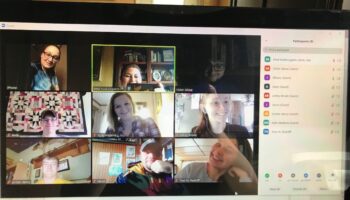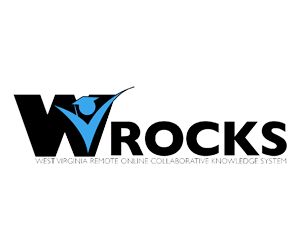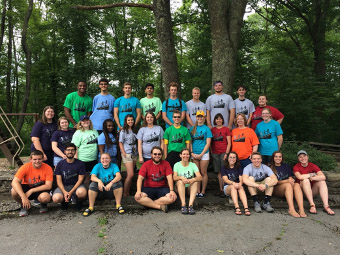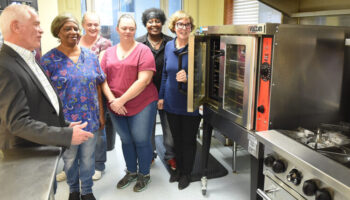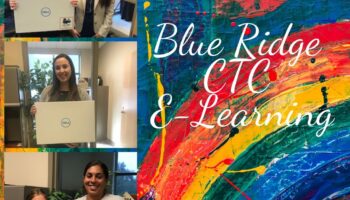WVU provides “TLC” for faculty and graduate students
West Virginia University’s Teaching and Learning Commons (TLC) provides teaching support and resources for faculty, graduate students and postdoctoral fellows. Their team uses an evidence-based approach that emphasizes creativity, collaboration, and innovation. WVU’s TLC works with campus partners to assist instructors in enhancing their teaching, both on campus and online, to deepen student learning. Since 2013, the WVU TLC has increased its spectrum of services to include consultations, workshops, on-demand resources, and annual events on […]

